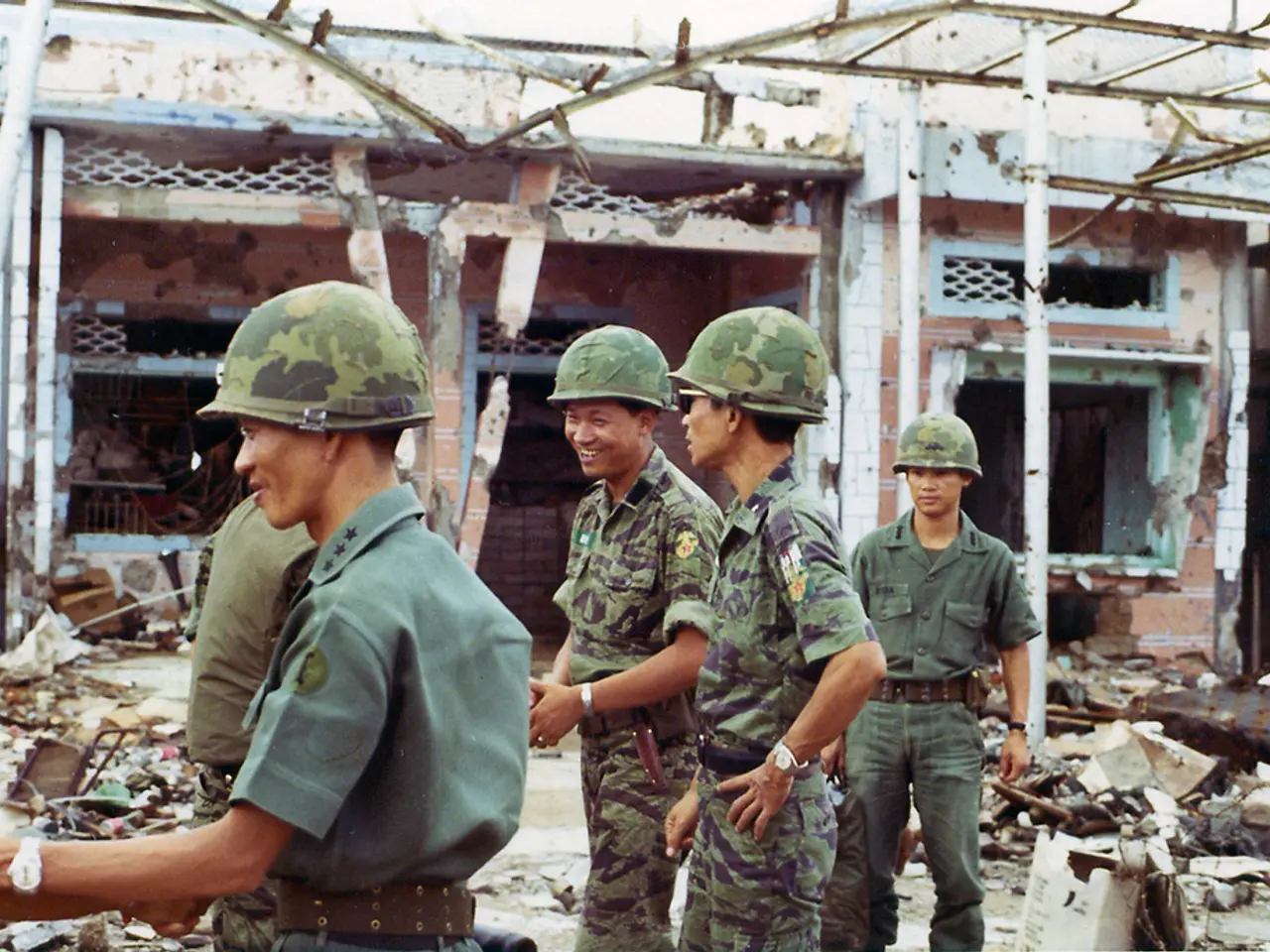Earthquakes in Afghanistan result in over 2,200 fatalities, followed by intense aftershocks
In the troubled region of eastern Afghanistan, two powerful earthquakes have struck, causing widespread destruction and loss of life. The first earthquake, of magnitude 6, occurred just before midnight on Sunday, one of Afghanistan's deadliest. This quake, with a shallow depth of 10 km (6 miles), struck in Nangarhar and Kunar provinces, with the epicenter in the district of Shiwa near the Pakistan border.
The aftershocks have continued, with two subsequent quakes of magnitudes 6.2 and 5.4, and a third of 5.5 on Tuesday, causing panic and interrupting rescue efforts. The Taliban administration has estimated that the earthquakes have resulted in 2,205 deaths and 3,640 injuries.
The devastating quakes have flattened villages in both provinces, destroying more than 6,700 homes. The affected families, living in fear of further shocks, have chosen to stay in the open instead of returning home. Some residents of the Nurgal district in Kunar have moved to live in tents, on high land near a river, or in the open due to fear of more tremors.
The fragile healthcare system in the region is under immense strain, with an influx of Afghans recently deported from Pakistan. Ambulances have been ferrying the injured to hospitals in Nangarhar, with 13 people being treated after Thursday night's tremor. Ten of the injured have since been discharged, and three are in stable condition.
The World Health Organization (WHO) has warned of the risk of disease due to overcrowded shelters, unsafe water, and inappropriate waste management. The WHO has announced that the Spanish Agency for International Development Cooperation (AECID) will address the financial gap for aid to earthquake victims in Afghanistan, with AECID providing an initial contribution of half a million euros channeled through the International Federation of Red Cross and Red Crescent Societies in partnership with the Afghan Red Crescent Society.
The United Nations and other agencies have warned of a critical need for funds, food, medical supplies, and shelter in the region. Fallen rocks and earth have blocked access to some badly affected villages, slowing down rescue and relief efforts. The United Nations plans to launch an emergency appeal for funds to help quake victims.
In a positive development, the United Nations has released $10 million, more than the trickle of cash announced by rich nations. However, the WHO has reported a funding gap of at least $4 million for healthcare and disease surveillance. The situation in eastern Afghanistan is critical, and urgent aid is needed to help those affected by these devastating earthquakes.








